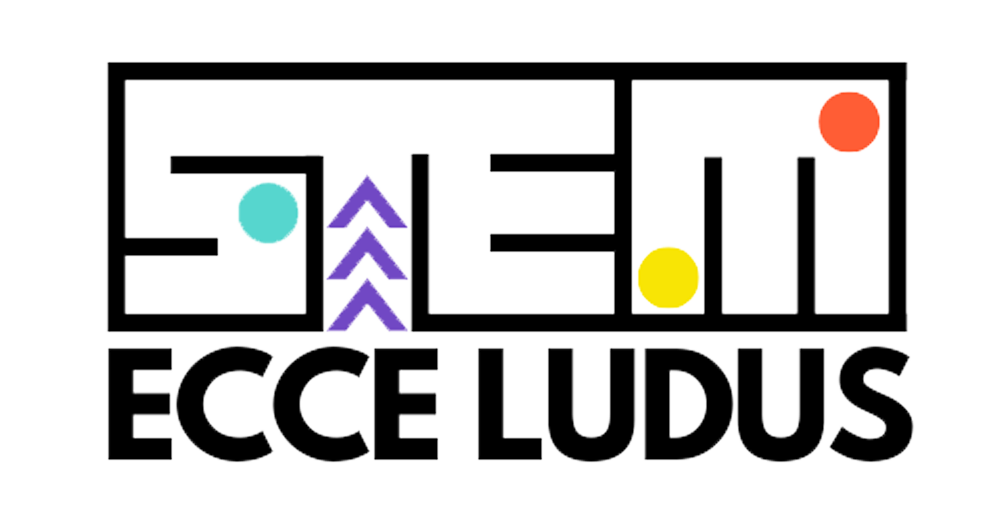In an interconnected Europe, some of the most innovative and effective solutions are born when people from different countries work together. Transnational cooperation—projects and initiatives that involve partners from multiple EU countries—has become a cornerstone of European development, education, research, and innovation. It goes beyond national boundaries to create partnerships that are richer, more diverse, and more impactful than those that operate within a single country.
At its heart, transnational cooperation is about sharing knowledge, skills, and perspectives across borders. Each EU country brings its own cultural background, educational traditions, economic priorities, and areas of expertise. When partners collaborate, they combine these strengths to design approaches that are not only innovative but also adaptable to different contexts. This diversity means that solutions developed in a project are more likely to be relevant and applicable across Europe, rather than being tailored to one national setting.
The Benefits of Including Multiple EU Partners
- Diverse Expertise and Innovation
A project that includes partners from several countries taps into a wider pool of ideas and methods. An educational institution in Finland might have advanced digital learning practices, while a partner in Italy might excel in arts integration, and another in Germany in vocational training. By bringing these together, the project can design resources and methods that are more creative and complete.
- Cross-Cultural Learning and Understanding
Working with different countries encourages participants—both professionals and learners—to develop intercultural competence. This not only helps in the project itself but also prepares individuals to operate effectively in an increasingly globalised workforce.
- Better Quality and Credibility
Projects with a strong, diverse partnership often have greater credibility at the European level. The involvement of multiple EU countries shows that the project’s objectives are not limited to one local context but address shared European challenges.
- Wider Reach and Impact
Transnational projects can disseminate their results through partners’ networks in different countries, increasing the reach of their outputs and ensuring that the benefits are felt across Europe.
- Mutual Capacity Building
Partners learn from each other’s strengths, building capacity across the board. A school with little experience in digital tools might gain valuable training from a tech-savvy partner, while offering in return its expertise in student engagement or inclusion.
- Alignment with EU Priorities
Many EU funding programmes, such as Erasmus+ and Horizon Europe, actively encourage or require transnational cooperation because it directly supports EU objectives: unity, innovation, mobility, and shared prosperity.
While national projects can address local needs effectively, they may lack the diversity of thought and the adaptability that comes from international input. A single-country approach risks developing solutions that work well in one system but struggle when applied elsewhere. In contrast, multi-country partnerships build in the flexibility and cultural awareness needed for results to have long-term European relevance.
For transnational cooperation to succeed though, projects need:
- Clear, shared goals that are relevant in all participating countries.
- Good communication to bridge linguistic and cultural differences.
- Balanced contributions, ensuring each partner plays an active and valuable role.
- Mutual respect and trust, built over time through collaboration and transparency.
Transnational cooperation in Europe is more than just working together—it is about thinking together, creating together, and solving problems together. When projects bring in partners from multiple EU countries, they benefit from diversity, innovation, and a broader impact. This collaborative approach not only enriches the project outcomes but also strengthens the European community, creating lasting networks and solutions that transcend borders.





